If the term "performance marketing" sends shivers down your spine, you wouldn't be alone. It may not be the sexiest areas of tech, but it's a lucrative space, according to glispa CEO Gary Lin (pictured below).
Lin, an American native, founded the low-key digital marketing company in 2008 and told me in an interview that the company is profitable without raising a dime of external funding.

"We are a performance marketing platform and we cater to digital content, app developers and the whole app ecosystem. These types of advertisers range from a bunch of categories from music services to mobile gaming companies to mobile commerce. The ideal client is coming to us looking to launch into multiple markets across multiple marketing channels and that's a bit of a specialty that we've developed," he explained.
Since its founding, the company has maintained a low profile despite growing to a team of around 100 people with offices in Berlin, San Francisco, Bangalore, Beijing and Sao Paolo. Lin said that glispa's focus on going global from the start as well as its broadening presence in emerging markets such as Brazil, Russia, India and China has helped set the firm apart from others in the adtech space. Currently, clients of glispa in these markets include OLX, Dafitic and Mail.ru.
In November 2014, glispa was recognized as one of Germany's fastest-growing tech companies by Deloitte. Between 2009 to 2013, the company reportedly reached 740% organic revenue growth.
We caught up with Lin recently at glispa's Berlin headquarters (a space that MySpace used to occupy) to chat about its international focus and how the Berlin tech ecosystem has evolved in the past decade or so.

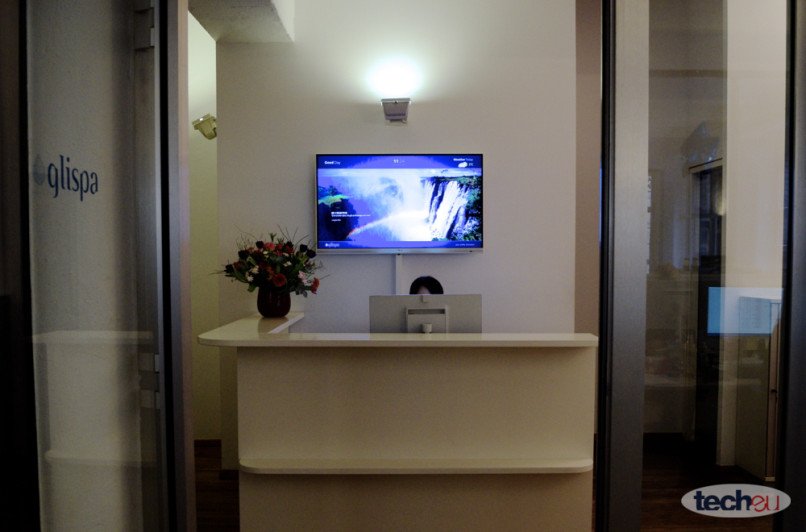
tech.eu: You're originally from the US, why did you to decide early on to come to Berlin to set up shop?
Gary Lin: I like to say that we had the foresight that this was going to be such an important hub. Again, we started activities in 2006, so there wasn’t really too much going on here. There were very few notable companies, especially on the international scene.
The impetus was really the small team we had in Germany and also Tim exited his company and I was looking to make a change to focus more internationally. It was really about the right people that I thought could really round up a team that we could build something substantial. I think we did anticipate that it was a strategic location, in terms of doing global business and hiring interesting talent, but we didn’t know the whole ecosystem would blossom as much as it has just in the last three to four years. We’re now using that as an advantage because we can hire very interesting senior talent from around the globe—they come here.
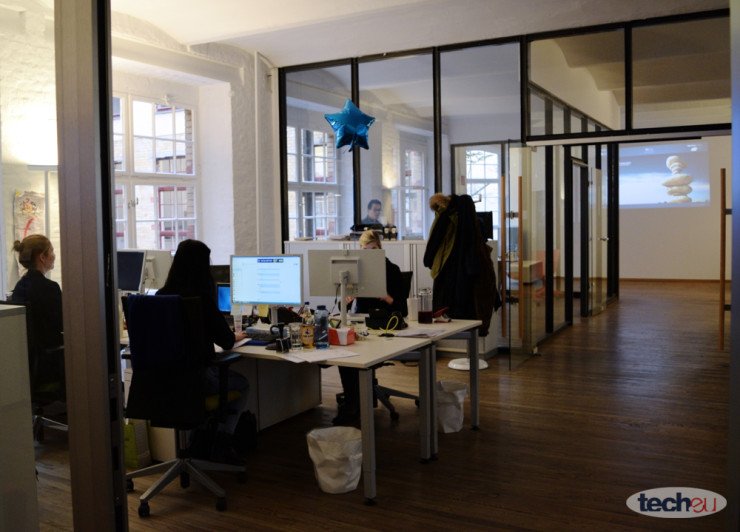
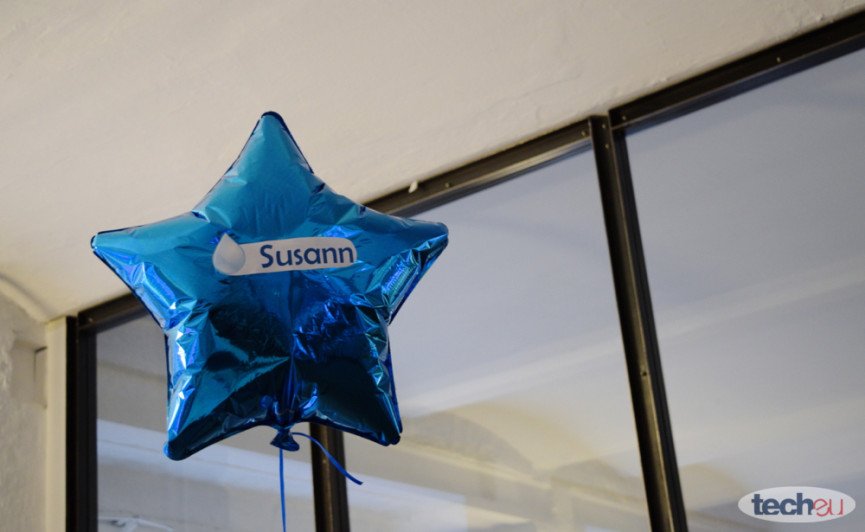
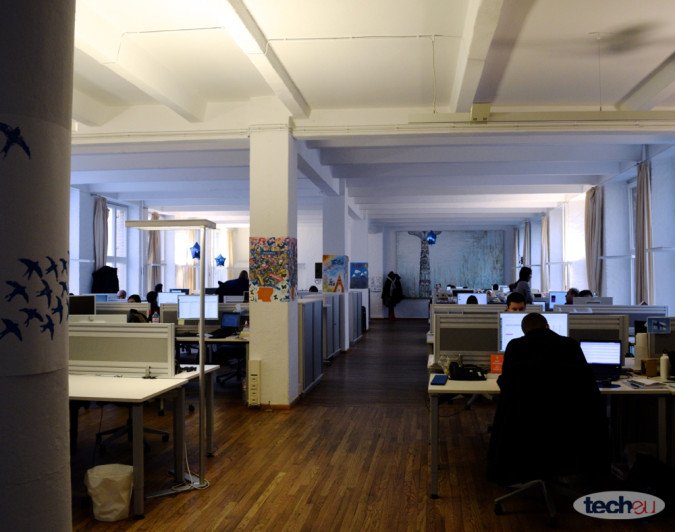
tech.eu: Can you tell me more about your other international offices?
GL: Beijing was our first international office. I don't want to say we were slow setting up an international presence, but we really wanted to make sure that we had the right foundation in terms of the core processes as well as our internal technology, management and ERP system.
We opened the office in Beijing about a year ago and that went very well. Our CMO is out at our San Francisco office—it’s an important media hub and we have a strong advertiser base out there. There's a sales team in Sao Paolo.
We had a centralized team for a long time but we’ve always had an interest in and good steady business coming from Brazil and Bangalore. India is a bit of a newer development, but we’re seeing very interesting movements in mobile commerce.


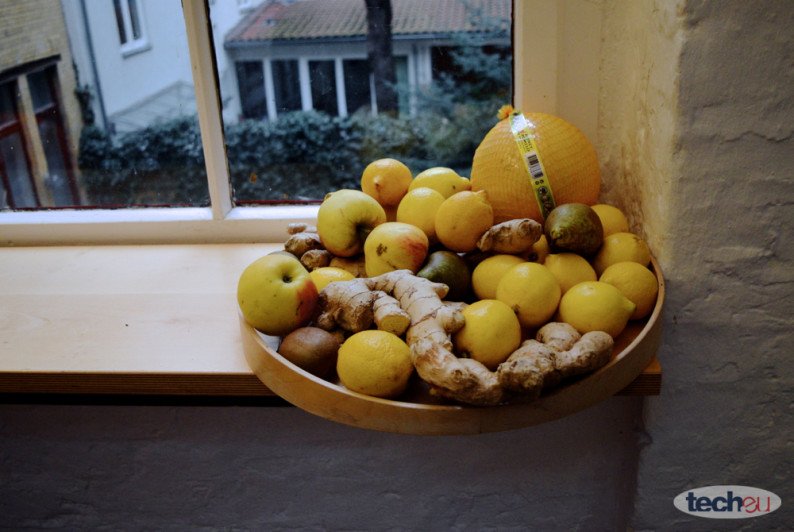
tech.eu: How would you characterize glispa's company culture? What are the three most important aspects of it?
GL: Being international is really part of our DNA. If you look at the core team, we speak 24 languages, which is a pretty high ratio for just 100 people, so that composition is unique. We also never focused necessarily on a core market. Germany’s a good piece of the business, maybe 20% of the business, but there wasn’t a deliberate focus on just prioritizing one or two markets. We were always very globally focussed on seeking more opportunities.
Related to that is definitely this openness—partly how we run the business, in terms of transparency, company financials and performance, but also we have to have that the openness when comes to so many nationalities coming together to create a collaborative culture.
We also have more of a sales mentality. It can sometimes be difficult to find these profiles, especially in Europe. At the end of the day though, that’s how our advertisers compensate us— they reward us when we deliver measurable return for them and those are the types of compensation structures we have in terms of commission, etc.

tech.eu: What kind of office tools or apps are used most at the company for productivity/organization?
GL: A lot of what we build is operational technology and this is also a different way of approaching technology. A lot of companies are building fancy products and dashboards for clients, from what I’ve seen, that often falls short. We have those features as well, but we came from a different place.
We wanted to build very strong operational tech—what are the tools that help people to implement and manage campaigns, to have really granular reporting and analytics, how do take all these source of data and make it as actionable as possible. So people can focus on value-driving activities and not spending time reconciling, billing and doing invoicing, that’s all been homegrown. We call it the Wisdom Keeper; it’s really designed around workflows, it’s not a separate database that people log into once in a while. It's really a crucial step to the process and everyone has their own customized dashboards with different KPIs. It’s a focusing tool and also a prioritization tool. So that's core technology that we use and that’s self-developed. We looked at other licensed tech, but it just never satisfied our need. We think it’s one of our key proprietary assets, because it lays the foundation for everything else.
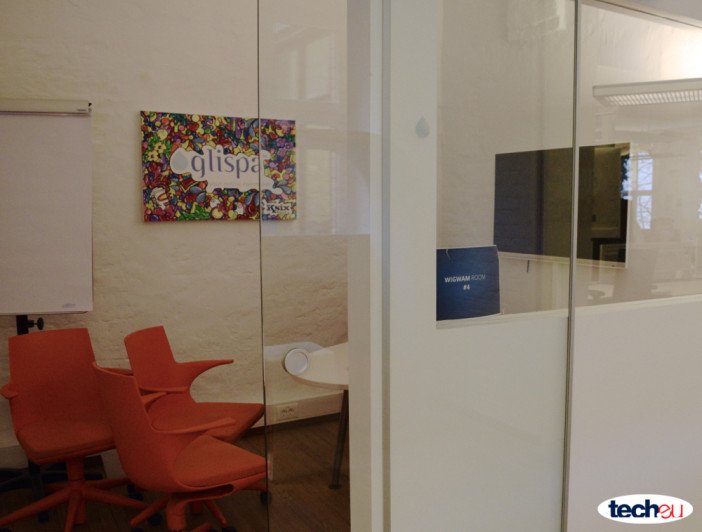
tech.eu: What are some of the biggest changes you've noticed in the Berlin tech scene since you've been in Berlin?
GL: There’s definitely more buzz than when I relocated here. There was very little happening in our space of adtech and online media. Now, there’s a lot of companies with some that have overlapping activities as us. In general, the barriers of entry are for most of new media and Internet companies. Also, in Berlin it’s quite easy to set up—immigration policies are still sometimes bureaucratic, but it’s relatively straightforward if you know how to navigate it.
What’s different is that, in the past, most of the activity was dominated by a few groups like Rocket Internet or Team Europe. Now, it’s becoming much more fragmented. There are a lot of unknown upstarts popping up doing really interesting things and many international entrepreneurs. I think it’s more competitive, on a global scale.
On the negative side, I definitely think the work ethic is different—the mentality is different. I would say from what we’ve seen, it's hard to compete with the the emerging markets like China and India. It’s hard to compete, just because they’re working 24 hours a day, seven days a week and they’re willing to sacrifice everything for the mission of the company and whatever the goal is. You see now, it's also pulling a lot of the success stories from the US. I would say the US is still competitive, but Europe definitely lags behind—it's probably a bit of the cultural mentality.
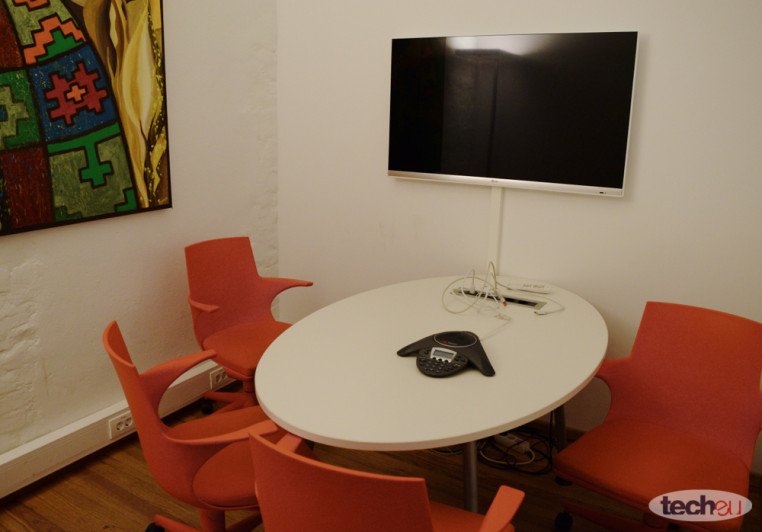
This interview has been edited and condensed.
Image of Gary Lin courtesy of glispa. All glispa office images by Charmaine Li.

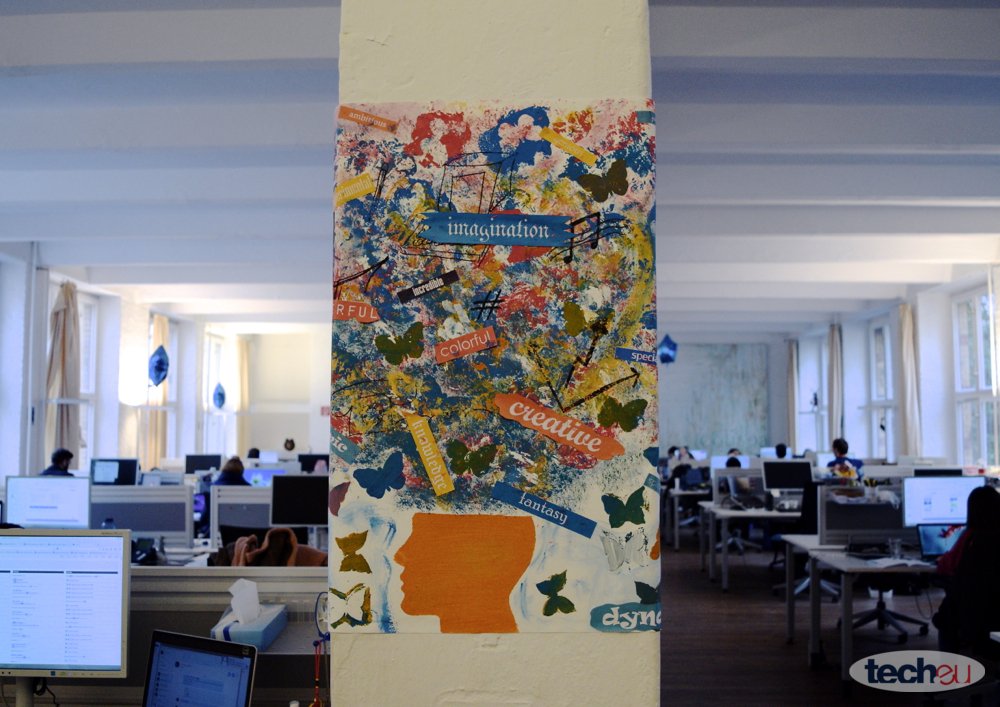

Would you like to write the first comment?
Login to post comments